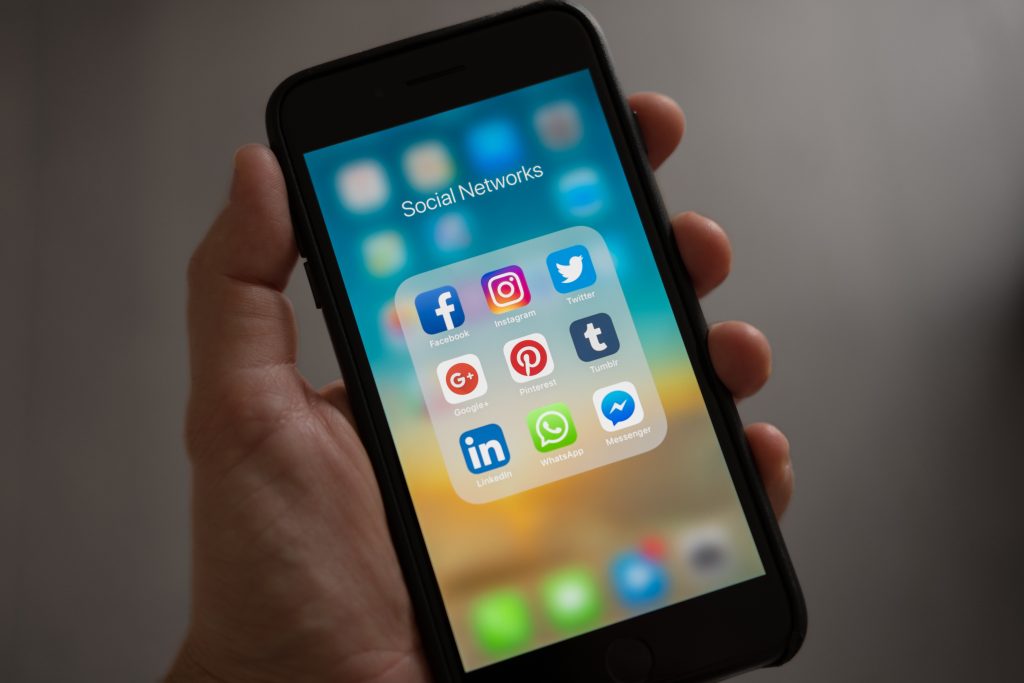Justice Department officially drops lawsuit against Apple
3 min read
Photo by Tracy Le Blanc from Pexels
By ANDREW ARENAS
Apple’s ongoing battle with the U.S. Government over an order that would force the company to unlock the iPhone 5c used by San Bernardino shooter, Syed Farook, has come to an end. On March 28, the Justice Department announced that it would drop the case against Apple, because they found their own way to gain access. Prosecutors for the FBI announced that they had accessed the data stored on the iPhone 5c without Apple’s assistance.
Apple was originally scheduled to appear in court with the FBI on March 22, but just the day before their scheduled court date, the FBI asked for a temporary postponement. They had discovered their own way to unlock the shooter’s iPhone.
Details emerged that the FBI had received help from an Israeli mobile software developer known as Cellebrite. The company touts that it offers “mobile forensic solutions” to help law enforcement agencies break past encryption on smartphones to access data. Currently, the FBI has not disclosed the details behind the method they used in order to gain access to the iPhone, merely stating that the information had been retrieved.
The termination of the case brings the once heated battle between the U.S. government and Apple to a close. Both sides have fought a very public debate over the issues of personal privacy and encryption, which all started when the FBI issued a court order to Apple to help unlock the iPhone 5c.
In order to do that, Apple would have to build a new version of iOS that could bypass the iPhone passcode restrictions and bring the FBI a way to enter passcodes electronically. Apple has refused to do so as it would set a dangerous precedent for the future of encryption.
This dispute is long running, dating back to 2008 when iOS8 was introduced with a new form of encryption. With this significant change, the relationship between the FBI and Apple became unstable. The events of the San Bernardino shooting eventually led the government to tackle the issue publicly, as they called for access to the shooter’s personal smartphone.
Tim Cook, CEO of Apple, said in an interview with David Muir of ABC that this is one of the greatest challenges he has faced during his work with Apple.
“From the beginning, we objected to the FBI’s demand that Apple build a backdoor into the iPhone because we believed it was wrong and would set a dangerous precedent,” Cook said in the interview. As a result of the government’s dismissal, neither of these occurred.
“This case should never have been brought. We will continue to help law enforcement with their investigations, as we have done all along, and we will continue to increase the security of our products as the threats and attacks on our data become more frequent and more sophisticated,” Cook said.
Apple believes deeply that people in the United States and around the world deserve data protection, security and privacy. Sacrificing one for the other only puts people and countries at greater risk.
This case raised issues which deserve a national conversation about our civil liberties and our collective security and privacy. Apple remains committed to participating in that discussion.


